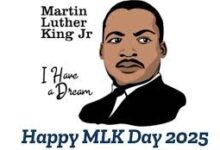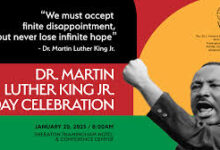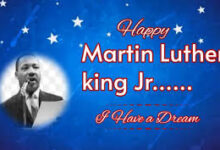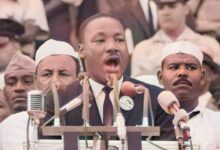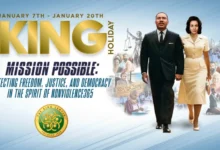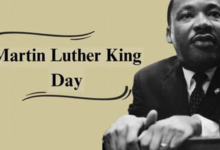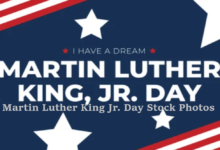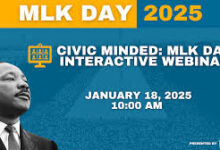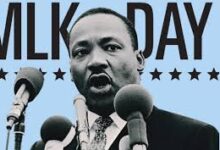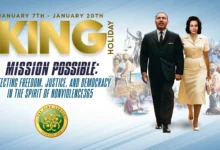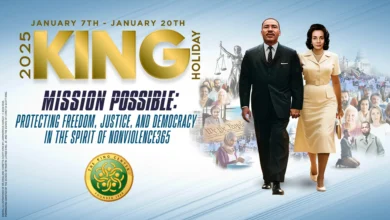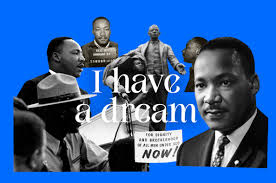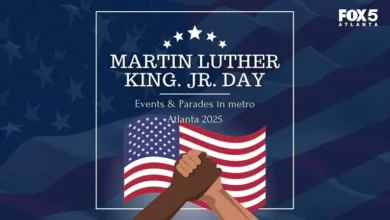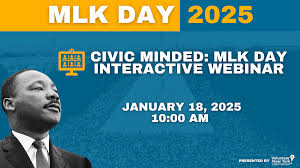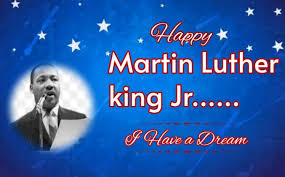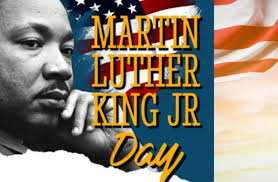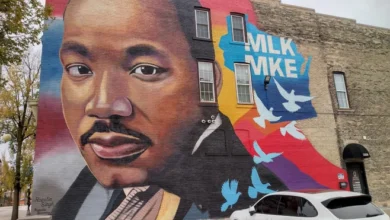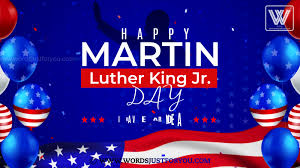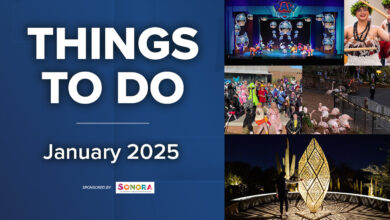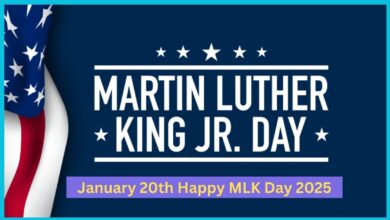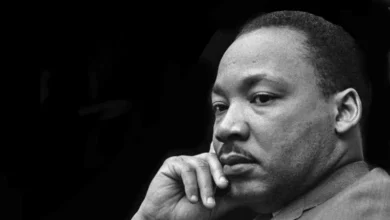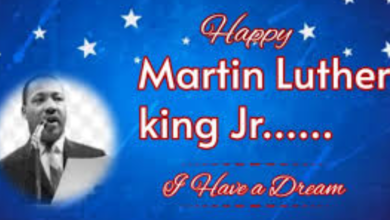martin luther king day first celebrated
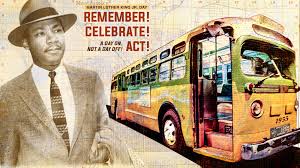
Martin Luther King Jr. Day holds a special place in the hearts of Americans as a day of reflection, celebration, and commitment to justice. But when exactly did this national holiday start, and what led to its creation? This post dives into the history of Martin Luther King Jr. Day and how it came to be the national holiday millions observe today.
If you’ve ever wondered about the origins of this day—and why it was so significant to establish—read on. By the end of this post, you’ll gain a deeper understanding of the historical and cultural impact of honoring the life of Dr. Martin Luther King Jr.
The Life and Legacy of Martin Luther King Jr.
Dr. Martin Luther King Jr. was a Baptist minister and a central leader in the American civil rights movement. From the mid-1950s to the late 1960s, King tirelessly fought for the equality of African Americans through peaceful protests, civil disobedience, and powerful oratory.
His “I Have a Dream” speech, delivered in 1963 during the March on Washington, remains a hallmark of his vision for an America free from racial discrimination—a vision of unity, equity, and hope. King’s work contributed to landmark legislative victories, including the Civil Rights Act of 1964 and the Voting Rights Act of 1965.
Dr. King’s life was tragically cut short on April 4, 1968, when he was assassinated in Memphis, Tennessee, while supporting a strike by Black sanitation workers. Despite his untimely death, King’s efforts left an indelible mark on American history. His legacy continues to inspire movements for justice and equality worldwide.
The Long Road to Establishing a National Holiday
After Dr. King’s assassination, there was an immediate push to honor his contributions with a national holiday. However, the road to making Martin Luther King Jr. Day an official holiday was fraught with debate and resistance.
1968-1983: Early Advocacy
Just days after King’s death, Representative John Conyers, one of the civil rights icon’s staunch allies, introduced a bill in Congress proposing a holiday to commemorate King’s legacy. However, opposition quickly surged from lawmakers who argued against establishing a new federal holiday. Many cited cost concerns, questioning whether another paid day off for federal employees was financially viable.
Despite Congressional resistance, momentum for the holiday continued to build. Grassroots activists’ tireless efforts, along with the backing of prominent organizations like the Southern Christian Leadership Conference (SCLC), kept the movement alive. Stevie Wonder even released the song “Happy Birthday” in 1981 to rally public support, making it an anthem for the cause.
President Reagan’s Role and the Signing of the Bill
By the early 1980s, overwhelming public pressure and support from African American leaders made it increasingly hard for Congress to ignore the holiday. Petitions supporting the holiday garnered millions of signatures—the largest petition effort in U.S. history at the time.
The push came to fruition in 1983. Championed by Representative Katie Hall from Indiana and facing mounting advocacy, President Ronald Reagan reluctantly signed the bill into law on November 2, 1983, designating Martin Luther King Jr. Day a federal holiday.
The First Celebration in 1986
Although the bill was signed in 1983, the holiday wasn’t officially observed until January 20, 1986. That year marked the first Martin Luther King Jr. Day celebrations across the country. It was observed on the third Monday of January, a date chosen to fall close to King’s birthday (January 15).
The inaugural holiday was recognized by a majority of states, but not all. Some states pushed back against the holiday, with a few even attempting to combine it with observances celebrating Confederate leaders. It wasn’t until the year 2000 that all 50 states officially recognized Martin Luther King Jr. Day.
How We Observe Martin Luther King Jr. Day Today
Today, Martin Luther King Jr. Day is more than a day off work or school—it is a day of service and a call to action. Since 1994, the Corporation for National and Community Service has encouraged Americans to use the holiday as “a day on, not a day off.” Many people volunteer for causes that align with King’s message of unity, justice, and equality.
Here are some of the ways the day is observed:
- Community Service Projects: Local organizations host events for participants to give back, such as feeding the homeless, cleaning parks, or mentoring youth.
- Educational Events: Schools and universities host workshops and lectures about King’s life and the history of the civil rights movement.
- Celebrations and Marches: Cities across the U.S. hold parades, marches, and musical performances to honor King’s legacy.
- Reflection: For many, the holiday is a time to revisit Dr. King’s speeches and writings, reflecting on the continued struggle for social justice.

